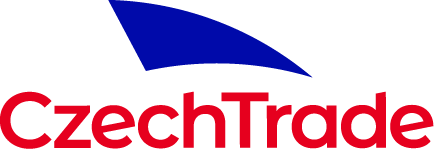 Czech Republic
Czech Republic
Czech Filmmakers Are Ejoying Intarnational Success
The Czech Republic has significantly increased its support to the industry through both financial incentives and decreased administrative burden.
It was a historic scene at this year’s Cannes Film Festival, when Czech filmmaker Zuzana Kirchnerová climbed the stairs of the Lumière Theater for the premiere of her long-gestating debut feature “Caravan,” the first time in more than three decades that a Czech majority production played in the French fest’s official selection.
While the Cannes triumph was a crowning moment for the debutante director, it also marked the latest in a series of watershed achievements for the Czech industry. Beyond the Croisette, Czech directors are becoming a staple at prestigious festivals, including Venice, Berlin and Annecy, reflecting a steady growth arguably not seen in the Central European nation since the glory days of the Czech New Wave.
“I feel there’s real movement in the right direction,” says “Caravan” producer Dagmar Sedláčková. “That kind of consistency speaks to a maturation of the industry — better developed scripts, more precise direction and a willingness to push boundaries.”
Credit goes in no small part to the Czech government, which this year introduced a sweeping overhaul to its audiovisual law and a transformation of the Czech Audiovisual Fund — what culture minister Martin Baxa describes as “a crucial step towards strengthening the development of the Czech audiovisual industry.”
Among the key provisions for Czech filmmakers is an expansion of the government’s selective funding scheme to include support for series, animation and digital productions, alongside dramatic changes to how the fund is financed that Czech officials say will make the system more sustainable moving forward.
“We have succeeded in establishing a growth-oriented system — the more successful Czech audiovisual production becomes, the more support it will receive, and the more funding will be available for film incentives,” Baxa says.
Delivered by CzechTrade Canada.
Source: Variety.


